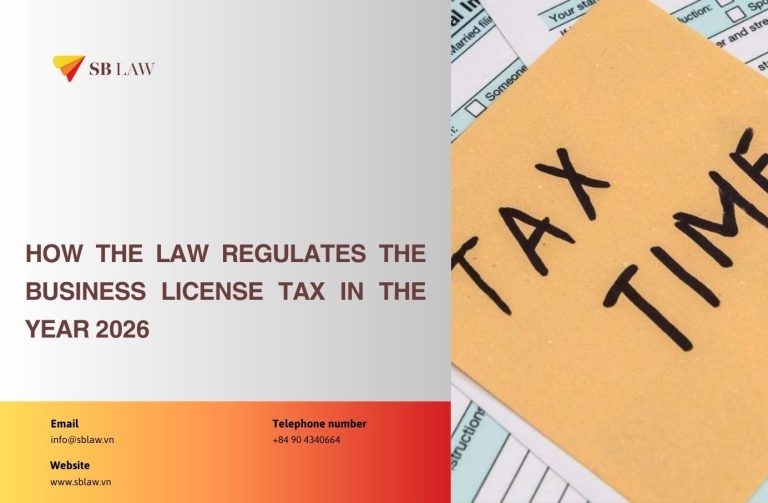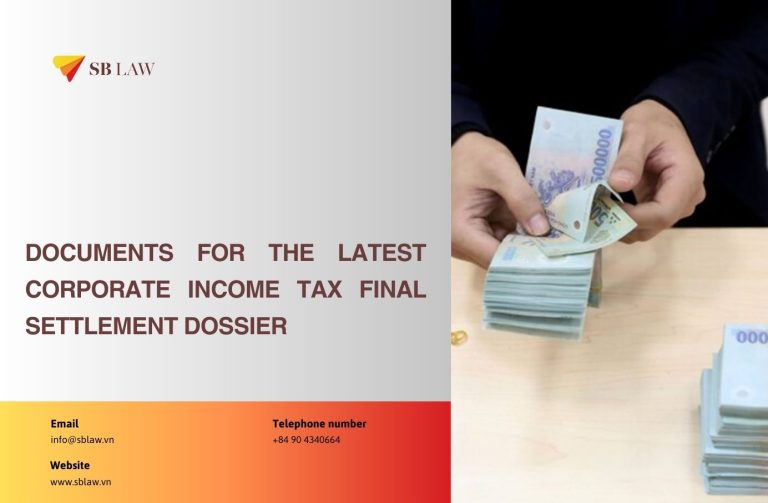Ms. T is my sister, who has been working at a cosmetics company as a Sales Executive since May 2024. From May 2025 onwards, due to health issues requiring treatment, Ms. T submitted an application for extended leave, lasting approximately two (02) consecutive weeks. However, the Company refused to approve it, claiming that the extended absence would affect business operations. Although not approved, Ms. T was compelled to take leave for treatment. By the end of July, the Company dismissed Ms. T on the grounds of “unauthorized absence exceeding the prescribed number of days”. The Company did not organize a disciplinary meeting nor did it provide conditions for Ms. T to explain herself. Instead, the Company confiscated all her work assets, such as the computer, work Gmail, and customer service phone number, and prevented Ms. T from entering the work area as well as recording her attendance. I would like to ask: are the processing procedure and the dismissal decision of the company in this case lawful?

Answer :
1. The grounds for applying the dismissal disciplinary measure and the act of terminating the labor contract while the employee is undergoing medical treatment
Regarding the reason for dismissal, the Company has incorrectly applied the regulations on “justifiable reasons”. Pursuant to Clause 4, Article 125 of the Labor Code 2019 (LC 2019), an employer has the right to apply the disciplinary measure of dismissal if the employee unilaterally abandons the job without a justifiable reason for five (05) cumulative working days within a 30-day period or twenty (20) cumulative working days within a 365-day period. However, the law also clearly specifies cases considered as having a “justifiable reason”, including natural disasters, fire, or when the employee or their relative falls sick with certification from a competent medical examination and treatment facility, and other cases as stipulated in the internal labor regulations. In Ms. T’s case, although the company did not approve the leave application, if the absence was mandatory for medical treatment and Ms. T possesses full certification documents from a medical facility, this is deemed an absence with a justifiable reason. Once a justifiable reason exists, the company is not permitted to apply the dismissal disciplinary measure, regardless of the number of days of absence.
Regarding the timing of contract termination, the Company has violated Clause 1, Article 37 of the LC 2019. Specifically, the employer shall not exercise the right to unilaterally terminate the labor contract while the employee is sick or undergoing treatment or convalescence as prescribed by a competent medical examination and treatment facility. The act of dismissing Ms. T right during the period she is facing health difficulties and undergoing medical treatment constitutes a serious violation of the law, directly infringing upon the employee’s rights protected by law.
2. Serious violations of principles and procedures for handling labor discipline
A very common mistake made by many enterprises, including the Company in this case, is the assumption that: "If an employee is seen to be at fault, the employer has the right to sign a dismissal decision immediately." However, Vietnamese labor law prescribes very strict procedures to protect employees, who are often in a vulnerable position. Even if the Company believes that Ms. T committed a violation, such as doubting the authenticity of the medical record, the Company is mandatorily required to comply with the disciplinary procedures stipulated in Article 122 of the LC 2019 and Article 70 of Decree No. 145/2020/ND-CP. Specifically:
(i) Principle of burden of proof: According to the law, the burden of proof rests with the employer. The Company must provide evidence proving that Ms. T was absent “without a justifiable reason”. In reality, whereas Ms. T was absent due to sickness and holds medical records, which is a justifiable reason defined by law, the Company has absolutely no basis to prove this fault.
(ii) Mandatory requirement to hold a disciplinary meeting: The Company cannot unilaterally sit down and sign a dismissal decision. There must be a disciplinary meeting involving the participation of the Company’s representative, the Trade Union representative (if any), and most importantly, Ms. T must be present. This meeting must be recorded in minutes with full signatures of the parties to have legal validity.
(iii) Right to notification and defense: Before the meeting, the Company must send a valid invitation notice to Ms. T. At the meeting, Ms. T has the right to defend herself, present medical evidence to prove her innocence, or engage a lawyer for defense. The fact that the Company quietly issued a decision without giving Ms. T an opportunity to explain constitutes a deprivation of the employee’s most fundamental rights.
In this case, the Company failed to send an invitation for a disciplinary meeting, nor did it give Ms. T a chance to explain, yet hastily issued a dismissal decision. This action is considered a serious procedural violation. According to judicial practice at the Courts, a dismissal decision, no matter how correct the reason may be regarding the substance, will still be deemed unlawful and set aside if the implementation process is flawed (failure to hold a meeting, denial of the right to explain).
3. Act of preventing work and confiscating assets contrary to regulations
Firstly, in principle, when there is no official written dismissal decision, the labor relationship between Ms. T and the Company still exists and remains in effect. Accordingly, Ms. T remains an official employee, and the Company has an obligation to ensure working conditions for the employee. The acts of confiscating the computer, work Gmail, and customer service phone number, and preventing Ms. T from entering the company or clocking in, are essentially acts of unilaterally depriving the employee of the de facto right to work.
Secondly, the fact that the Company proactively eliminated working conditions (such as banning Ms. T from entering the company, confiscating work equipment) but subsequently used the very reason of Ms. T’s “absence” to dismiss her is an act of contradiction and bad faith. In this case, the law considers this as a period of work stoppage due to the fault of the employer. Pursuant to Clause 1, Article 99 of the LC 2019, the Company is obligated to pay the full salary according to the labor contract to Ms. T for the entire duration she was prevented from working, calculated from the time the assets were confiscated, even though she could not perform timekeeping.
Thirdly, regarding the legal nature, the act of barring entry and confiscating assets without a valid contract termination document is considered an act of unlawful unilateral termination of the labor contract under Article 39 of the LC 2019. Therefore, the Company must not only pay the salary for the days Ms. T was prevented from working but also bear heavy legal liabilities under Article 41 of the LC 2019, including reinstating Ms. T, compensating at least two (02) months' salary, and paying full insurance premiums for the period she was not allowed to work.
4. Conclusion
The Company’s act of dismissing Ms. T is unlawful for two main reasons: (i) Violation of disciplinary principles (failure to hold a meeting, failure to allow explanation); and (ii) Lack of grounds for dismissal if Ms. T can prove that the absence was due to sickness with medical certification. Therefore, pursuant to Article 41 of the LC 2019, the Company is responsible for remedying the consequences according to the following options:
(i) Case 1: If Ms. T wishes to return to work, the Company is compelled to revoke the dismissal decision and reinstate Ms. T to her former position. Simultaneously, it must pay full salary and social insurance for the days Ms. T was prevented from working and pay an additional amount of compensation equal to at least two (02) months’ salary.
(ii) Case 2: If Ms. T does not wish to return (or the Company does not wish to reinstate her). In reality, when a conflict has occurred, employees often do not wish to return. In this case, in addition to the aforementioned compensation (salary for non-working days + 02 months’ salary compensation), Ms. T is also entitled to receive a Severance Allowance pursuant to Article 46 of the LC 2019. Notably, if the Company insists on not reinstating Ms. T, the two parties may agree on an additional amount of compensation (on top of the mandatory 02 months' salary) to terminate the contract.
Consultation: Labor and Employment Services




